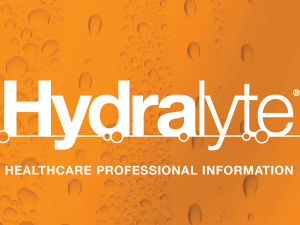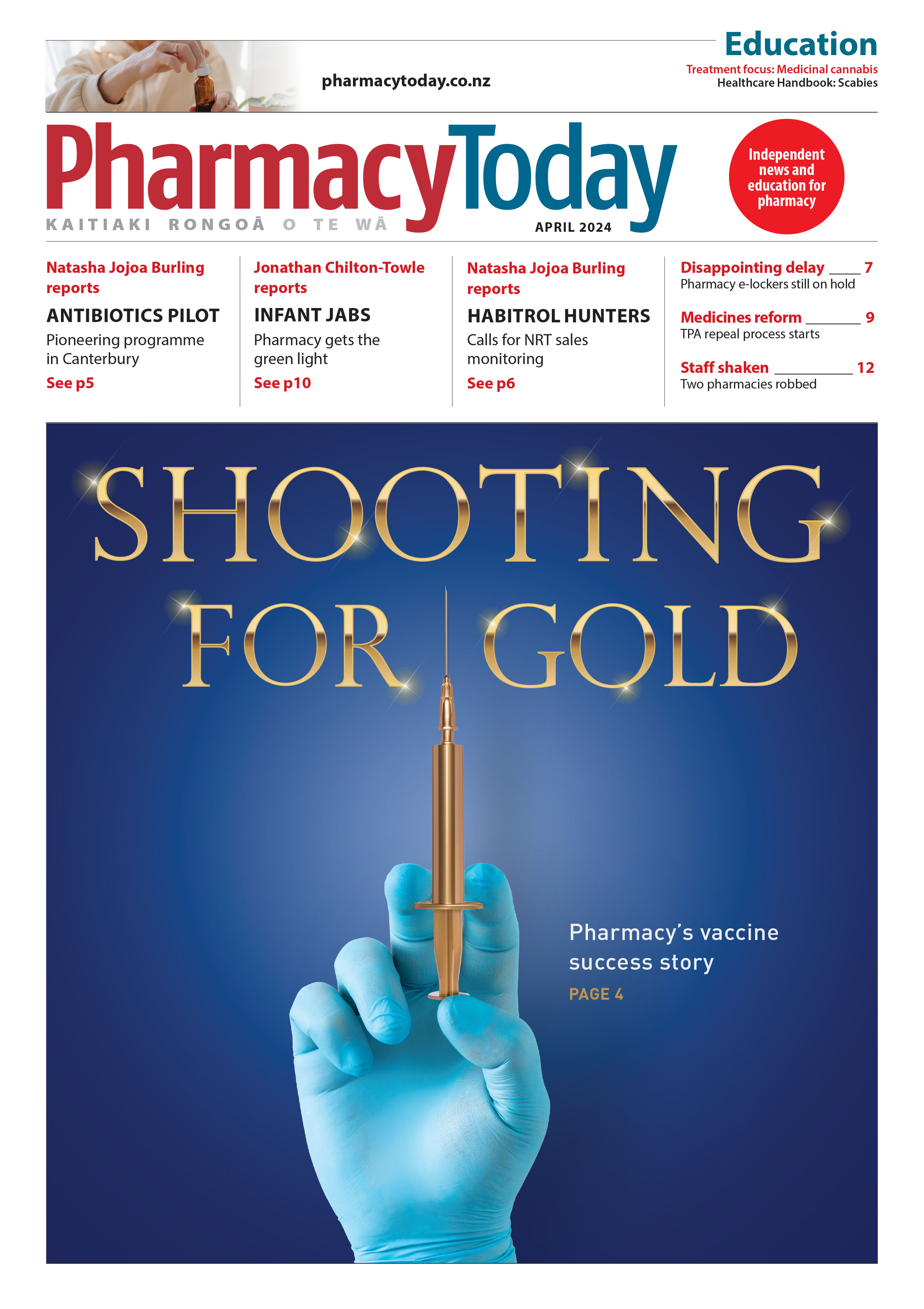In this article, Sue Frankland looks at the global problem of wastage of medications, including causes such as overprescribing and non-adherence. She also presents information from her master’s dissertation on how people understand, and respond to, medication expiration dates
Completion of government COVID-19 funding sees planned end of temporary funding for Palivizumab
Completion of government COVID-19 funding sees planned end of temporary funding for Palivizumab
The planned end of the temporary funding for this treatment was due to the completion of the COVID-19 funding allocated by the government in response to the pandemic.
Palivizumab was funded for the last two seasons thanks to funding made available as part of the response to COVID-19 and its impacts. This was separate from the Combined Pharmaceutical Budget (CPB).
This was a temporary action as part of the urgent response to the COVID-19 pandemic. The intention was to prevent severe illness caused by potential outbreaks of RSV for pēpi and young tāmariki at very high risk of RSV complications during the pandemic and reduce the pressure on the health system.
Because this was a temporary action it did not go through our usual processes in terms of engaging with and seeking feedback from key health sector groups including iwi and Māori communities.
Due to the impact of Covid 19 on the healthcare system, we did a shortened “targeted consultation” with DHBs and clinicians for the proposal to fund palivizumab from June 2022 to December 2023.
You can read more about this at the link below.
This separate funding for the COVID-19 response has now ended which means palivizumab now has to go through our usual processes for funding.
We have received further clinical advice and assessed an application for ongoing funding of palivizumab beyond December 2023. It has been ranked on the options for investment list and is a medicine we want to fund, however, due to its relative ranking and Pharmac’s current budget position, is unable to be progressed at this stage for funding beyond 2023.
We understand that this will be disappointing news for healthcare practitioners treating pēpi and tamarikiwho may have benefited from this treatment, and their whānau.
As part of this assessment the Pharmaceutical Treatments Advisory Committee (PTAC) noted that respiratory disease inequitably impacts Māori and is one of Pharmac’s Hauora Arotahi (Māori health areas of focus).
The Committee noted that RSV-related illness and hospitalisation significantly and disproportionately impacts Māori infants born pre-term in their first year of life. These infants and their whānau experience a higher rate of RSV-related hospitalisation compared with European and other (non-Pacific) ethnicities, even after accounting for other factors, such as socioeconomic deprivation.
The relative impact of RSV on Māori infants born pre-term was considered during the assessment and ranking on the Options for Investment list of palivizumab. We have provided a summary of Pharmac’s consideration of palivizumab on our website which provides further context regarding assessment of palivizumab through our usual processes.
We have shared this information directly with neonatologists and with the Chief Medical Adviser at Te Aka Whai Ora and offered the opportunity to discuss this to ensure that our assessment is based on accurate evidence. We are happy to do the same with relevant Māori health groups.
Pharmac routinely re-assesses the ranking of proposals in the light of new evidence or information. We are reaching out to Manatū Hauora and ESR to consider responses to possible epidemic surges of RSV.
Pharmac would be happy to engage with the Iwi Leaders Forum about the potential future funding of palivizumab.





